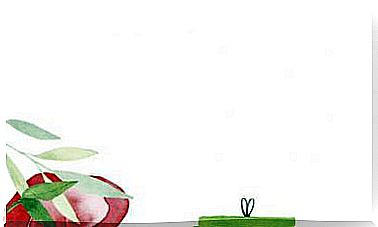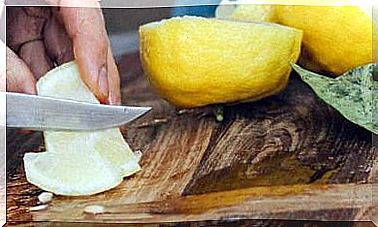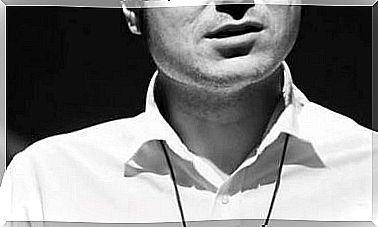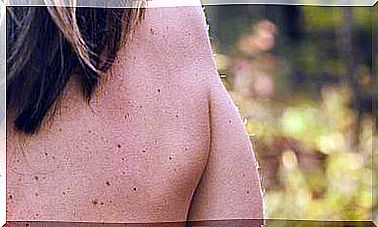How Caffeine Can Attack The Brain
Caffeinated drinks are an indispensable stimulus for many people. However, Swiss researchers have shown that regular caffeine consumption alters the gray matter of the human brain.

Many people cannot imagine the start of the day without coffee, because caffeine really does wake up, but in a way that may not be pleasant for some people’s bodies.
Caffeine puts the body in a state of stress, causes blood pressure to rise and the heartbeat accelerates. As is common in stressful states, this allows you to perform more for a relatively short period of time, leading to tons of coffee and other caffeinated beverages being consumed around the world on a daily basis.
Caffeine changes the brain
It is known that caffeine can cause sleep disorders, especially when consumed in the afternoon. In turn, lack of sleep can affect the state of the brain’s gray matter. The bottom line is that caffeine could ultimately cause brain damage due to its negative effects on sleep quality.
However, recent research indicates that caffeine’s action on the brain may be direct. A research team led by Dr. Caroline Reichert and Professor Christian Cajochen of the University of Basel, Switzerland, examined the caffeine-brain connection and came up with an interesting result: caffeine doesn’t actually lead to poor sleep, but it does which can involve the brain and cause changes in gray matter. The results were published in mid-February 2021 in the specialized journal Cerebral Cortex .
The gray matter of the brain is made up in particular of the cell nuclei of nerve cells, which are also known colloquially as “small gray cells”. White matter, on the other hand, consists of the cellular extensions of nerve cells, that is, nerve fibers.
Less gray matter with caffeine
The Swiss study involved 20 healthy young people who normally drank coffee every day. To standardize consumption during the study, they received caffeine capsules for 10 days (150 mg, three times a day) and placebo capsules for an additional 10 days. They were not to drink coffee during the study period.
At the end of each 10-day period, the scientists examined the study participants’ gray matter using brain scans. At the same time the quality of sleep was also checked with the help of an EEG.
The sleep quality of the participants turned out to be surprisingly always the same, whether they had taken caffeine or not. But clear differences were noted in gray matter (formed by the wings that connect neurons and supporting nerve cells). After the 10-day placebo phase, the gray matter volume was greater than after the caffeine phase.
The difference was particularly clear in the temporal lobe, where the hippocampus is also located, a region of the brain that is important for so-called memory consolidation, a process that takes place mainly at night during deep sleep. What is learned and experienced during the day is transferred to long-term memory and consolidated so that you can recall again and again.
The brain recovers quickly by not drinking caffeine
“Daily caffeine consumption affects our cognitive hardware in a way that should lead to further study,” explained Dr. Reichert. What’s reassuring about the Swiss study is that after 10 days of caffeine withdrawal you could see the brain beginning to recover, so potential brain damage caused by caffeine only appears to be temporary.
To get rid of caffeine you can resort to hot infusions, such as tea or rooibos. The toasted cereal that is marketed as an alternative because of its similar taste is not the best option, because it contains too many acrylamides. To learn more about these harmful compounds, you can read the article Acrylamide, a hidden risk on your table.
Bibliographic references:
- Carolin Reichert et al. Daily Caffeine Intake Induces Concentration-Dependent Medial Temporal Plasticity in Humans: A Multimodal Double-Blind Randomized Controlled Trial. Cerebral cortex.









